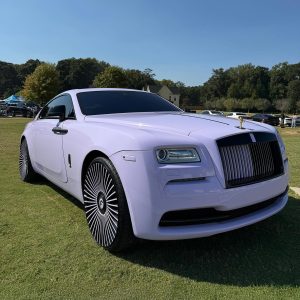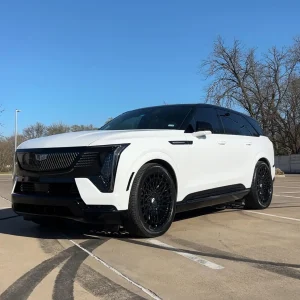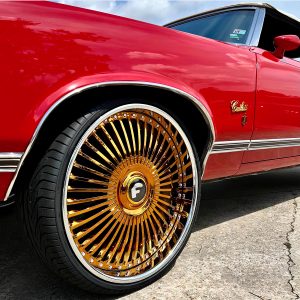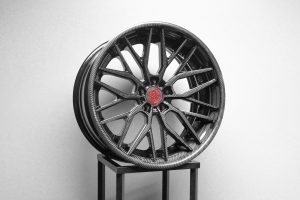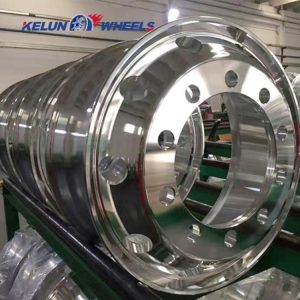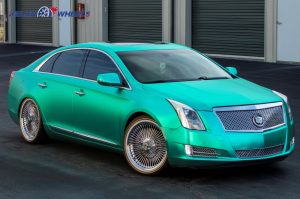Sample text
-
whatsapp: +8616696837711
-
wheelim@kelunautoparts.com
-
营业时间 24H
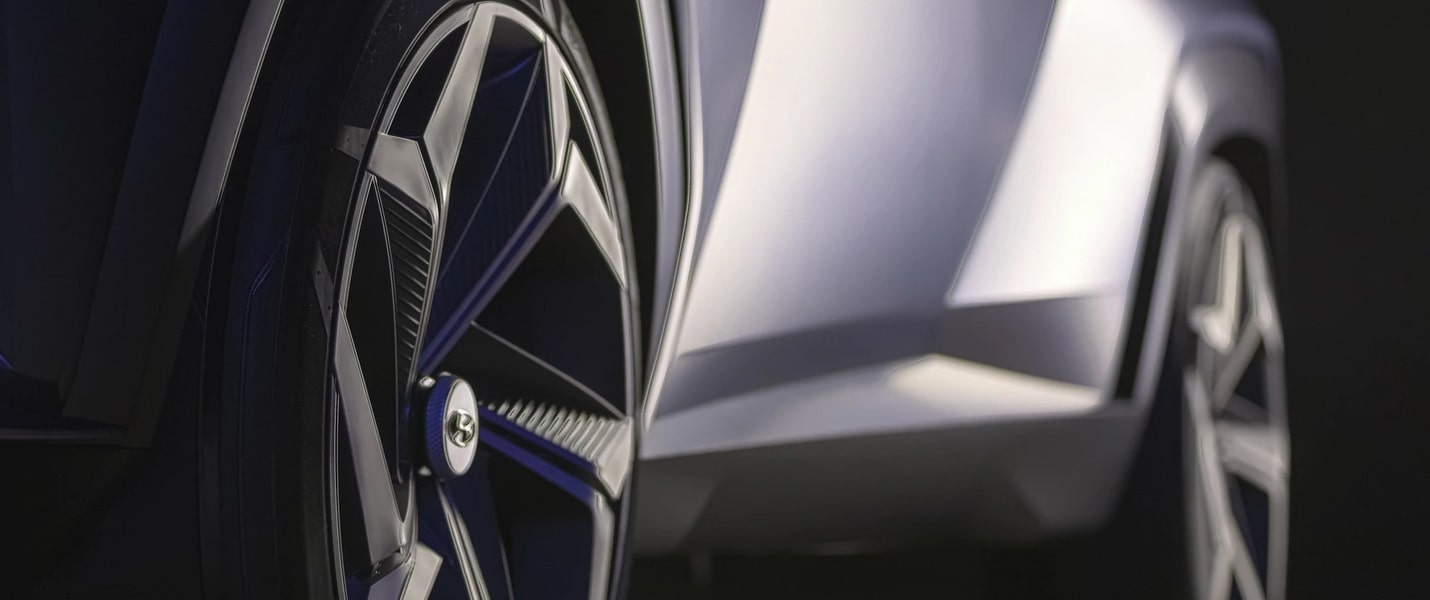
“Wheel size selection: is bigger really better?”
When it comes to wheel size selection, the question of whether bigger is better depends on various factors, including the intended use of the vehicle, driving conditions, and personal preferences. Here are some key considerations to help you decide:
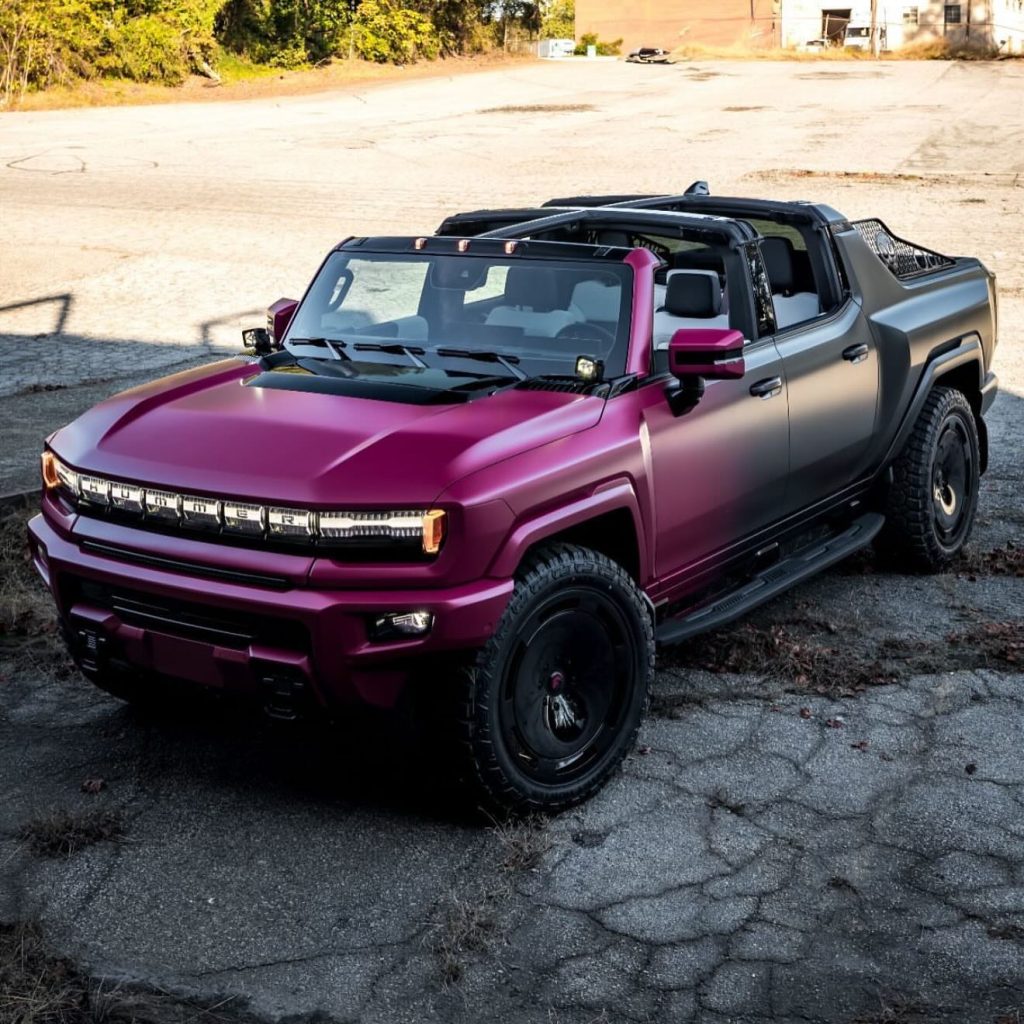
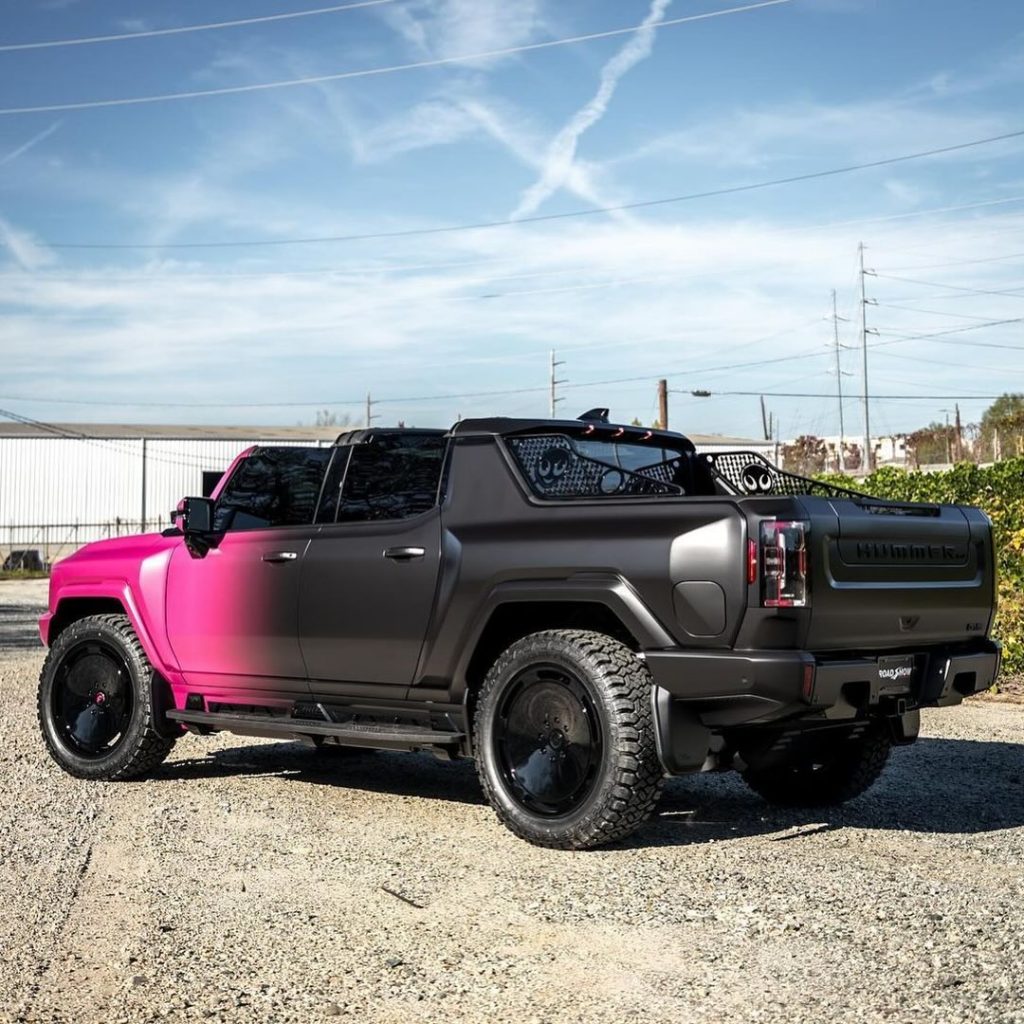
Advantages of Larger Wheels:
- Aesthetics: Larger wheels often give a vehicle a more aggressive and stylish appearance, which is a significant factor for many buyers.
- Performance: Bigger wheels can improve handling and cornering stability, especially at higher speeds, due to a wider tire contact patch.
- Braking: Larger wheels can accommodate bigger brake rotors and calipers, potentially improving braking performance.
Disadvantages of Larger Wheels:
- Ride Comfort: Larger wheels typically have lower-profile tires, which can result in a harsher ride due to less cushioning from the tire sidewall.
- Cost: Bigger wheels and the corresponding tires are generally more expensive to purchase and replace.
- Weight: Larger wheels can be heavier, which may negatively impact acceleration, fuel efficiency, and overall vehicle performance.
- Fuel Efficiency: The increased weight and rolling resistance of larger wheels can lead to reduced fuel economy.
- Susceptibility to Damage: Lower-profile tires on larger wheels are more prone to damage from potholes and road debris.
Practical Considerations:
- Driving Conditions: If you frequently drive on rough or uneven roads, smaller wheels with higher-profile tires might be more practical and durable.
- Vehicle Type: For off-road vehicles, smaller wheels with larger sidewalls are often better for absorbing impacts and providing better traction on uneven terrain.
- Performance vs. Comfort: If you prioritize performance and handling, larger wheels might be beneficial. However, if comfort and fuel efficiency are more important, smaller wheels could be the better choice.
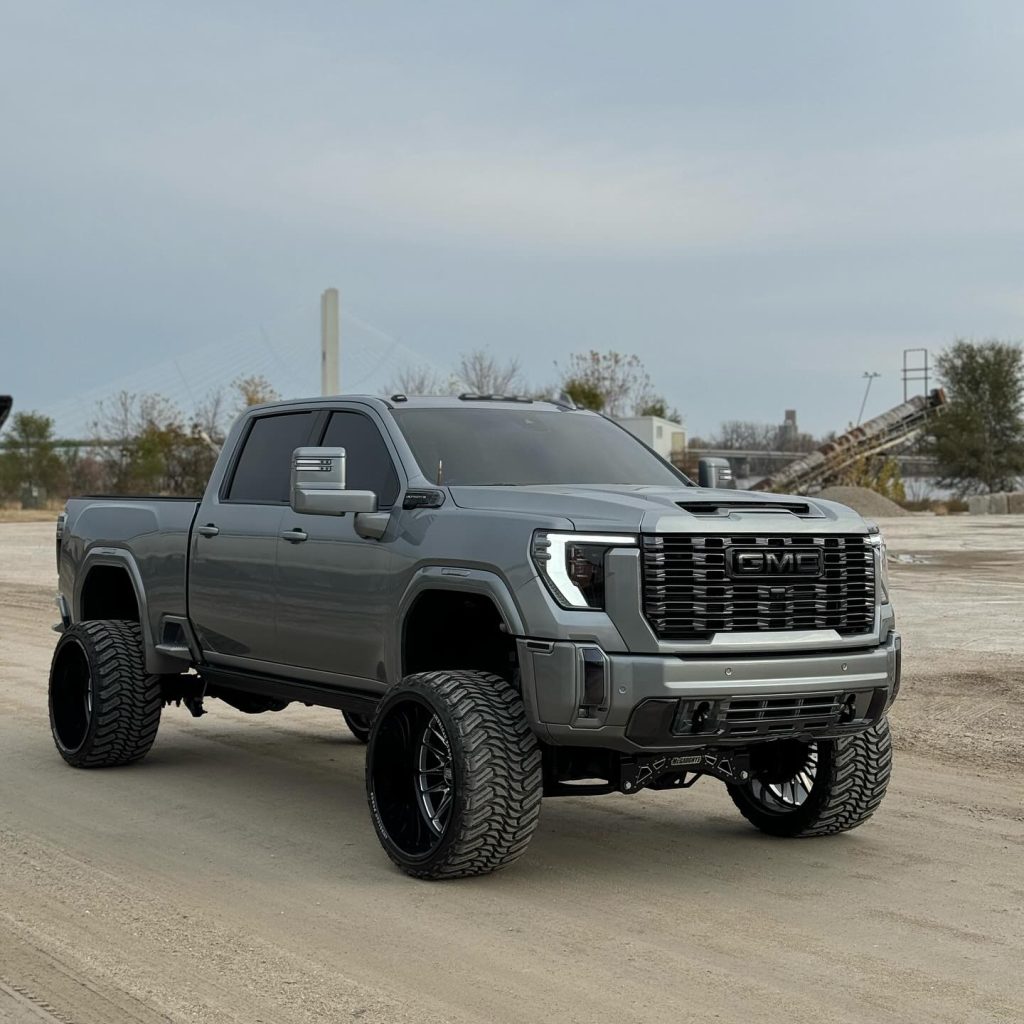
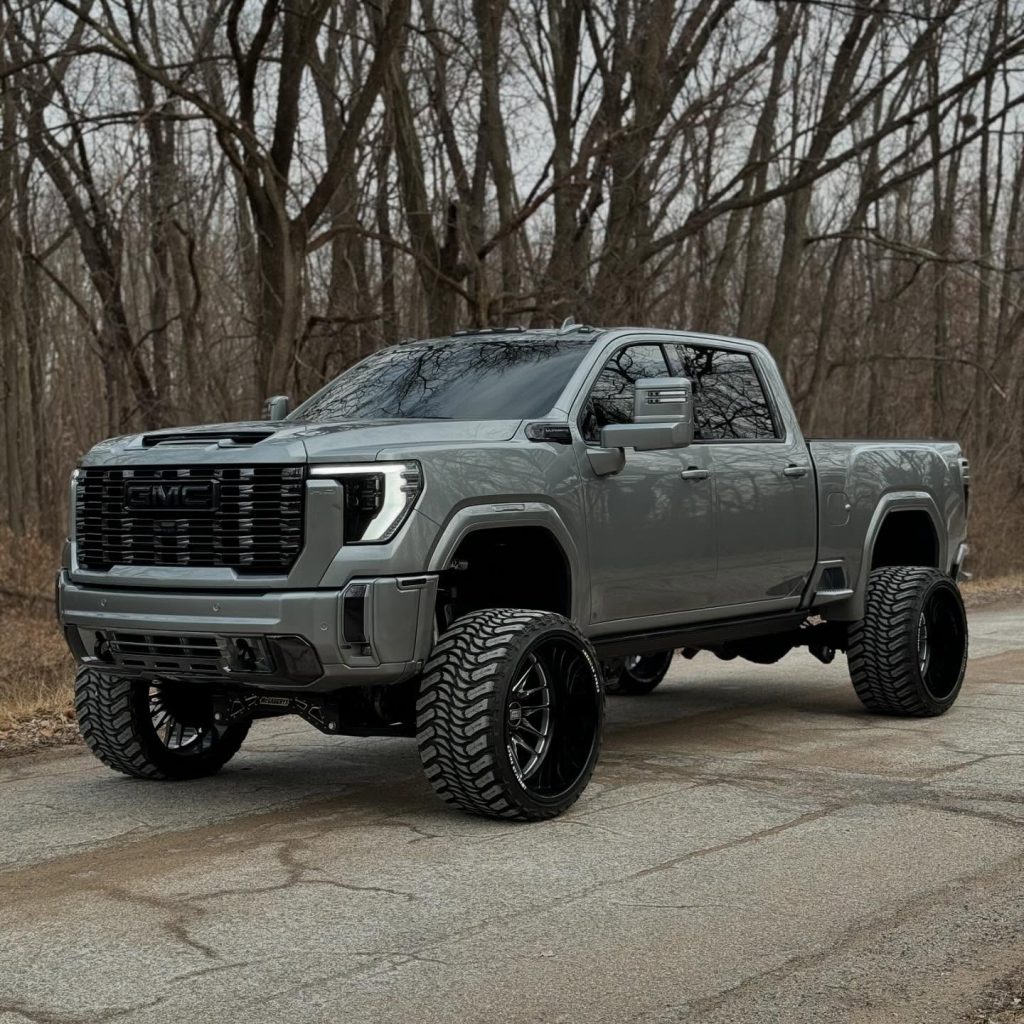
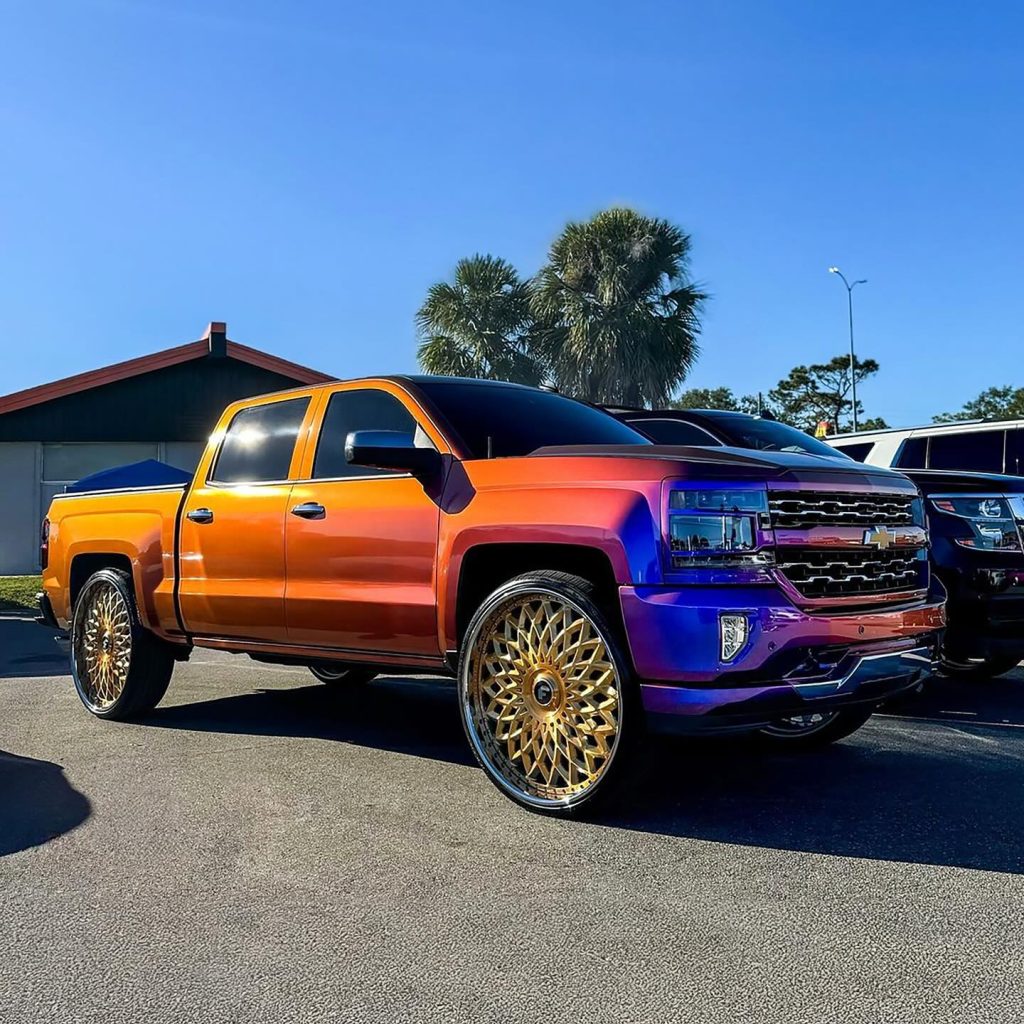
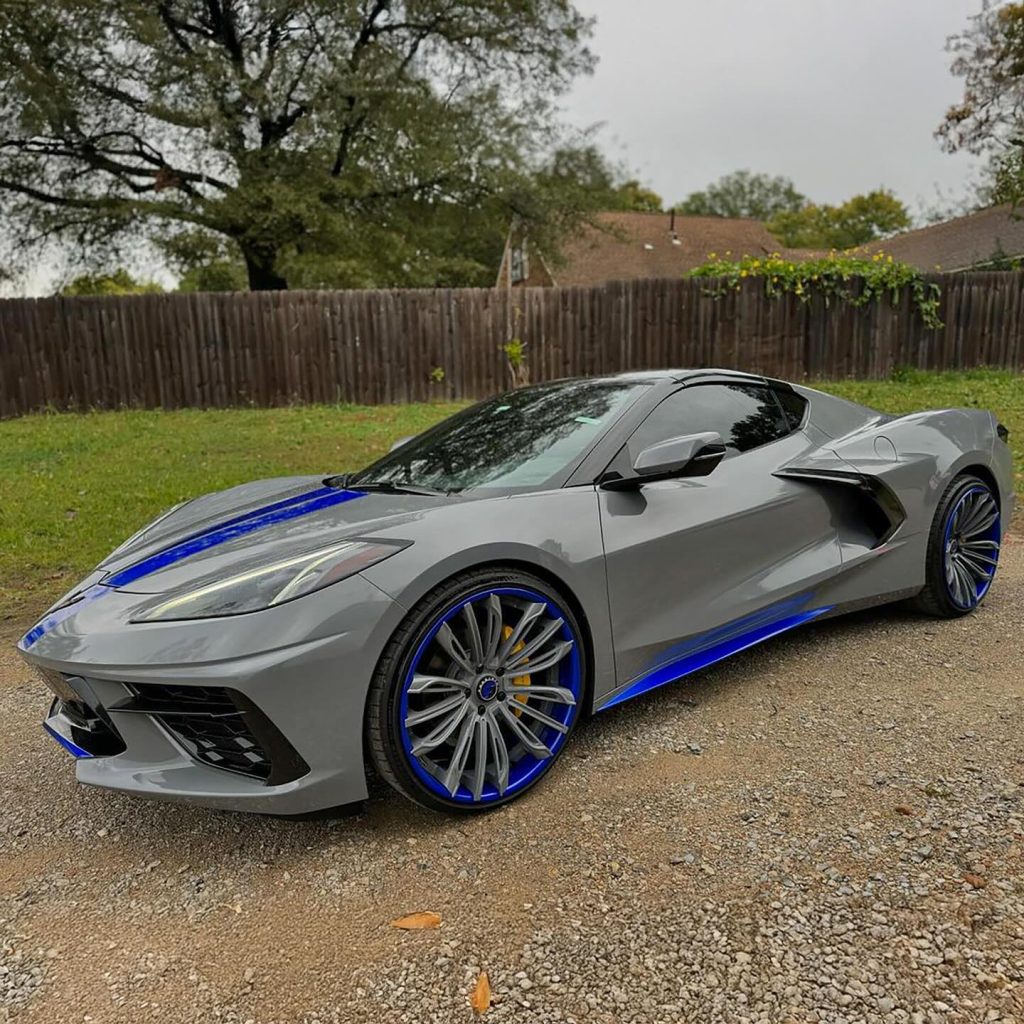
Conclusion:
Bigger wheels are not inherently better; the optimal wheel size depends on your specific needs and driving conditions. It’s essential to balance aesthetics, performance, comfort, and practicality when selecting wheel sizes. Consulting with a professional or referring to your vehicle’s manufacturer recommendations can also provide valuable guidance.

